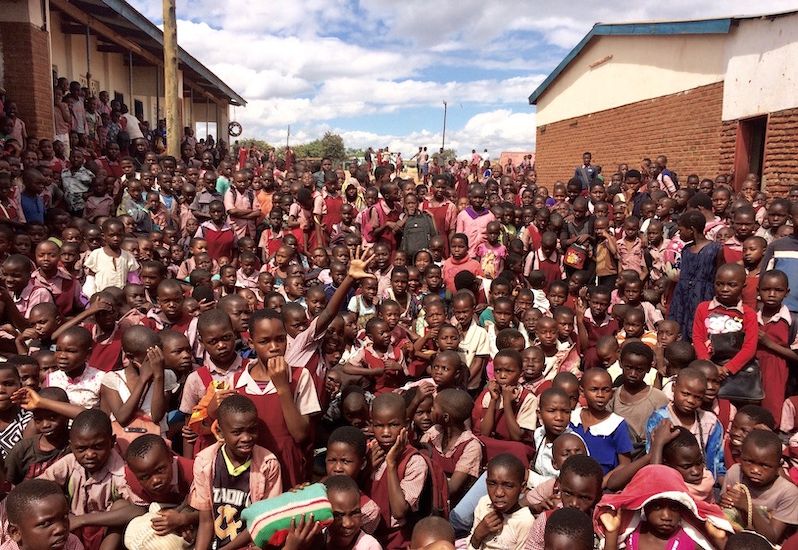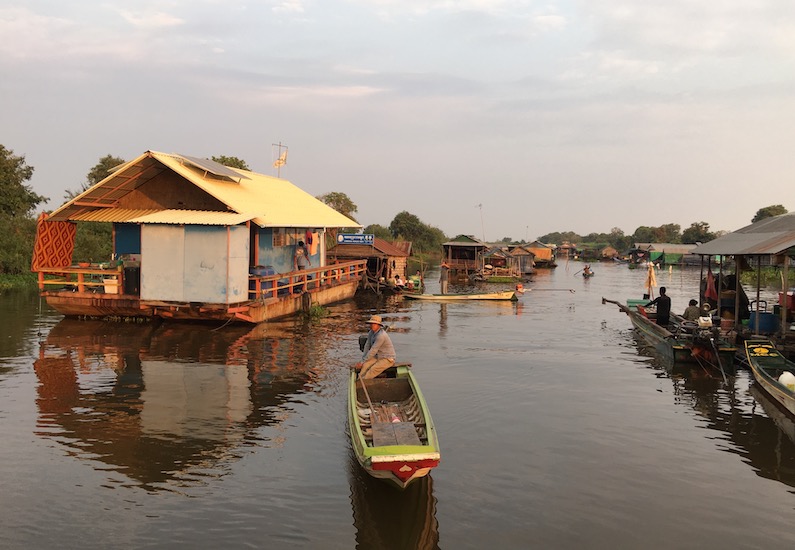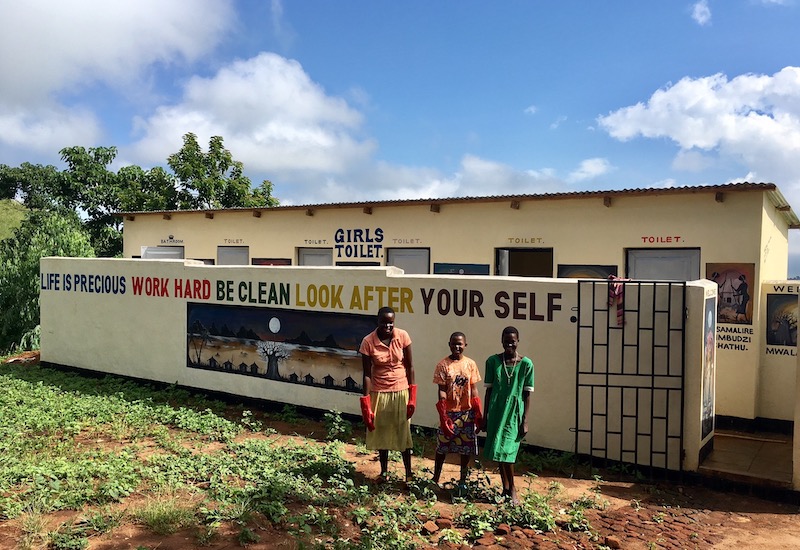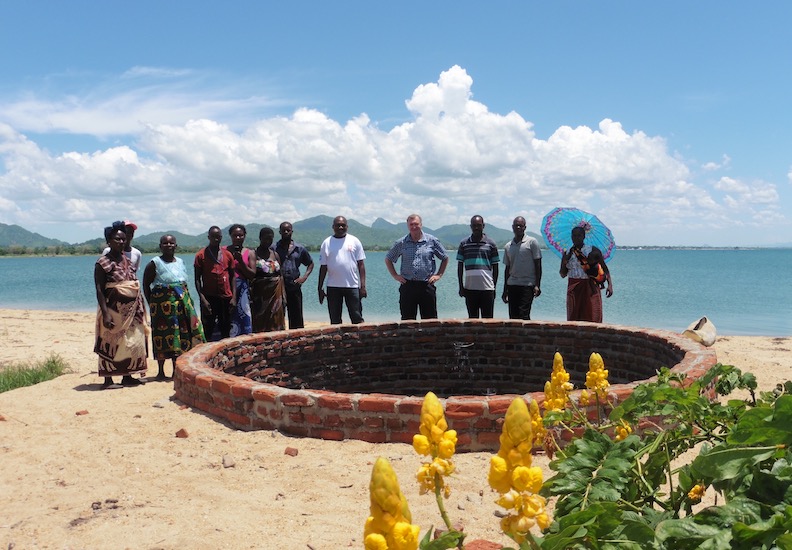

Overseas aid has "transformed" lives in the world's least developed countries by providing a way out of poverty.
The Overseas Aid & Development Commission is taking a policy letter to the States next month setting out proposals to increase funding by inflation only for the next couple years and move towards giving 0.2% GDP by 2030.
Dr Nick Paluch, who has been an Overseas Aid Commissioner since 2012, has personally visited 16 projects across Africa and Asia.
The aid projects are all funded by Guernsey, while the commissioners cover their trips at their own expense, often volunteering while they are over there.
In some cases he has been able to use his medical skills working in a Guernsey-sponsored clinic or hospital, giving him a very real insight into the challenges faced by the local people.
“The main focus of Guernsey’s Overseas Aid programme is on individuals and communities who are struggling on a daily basis with extreme poverty and with basic needs such as clean water, sanitation, hygiene, health provision, food security and access to education," he said. "We do it by giving them a hand up rather than a handout and each year we support around 80 projects in the least developed countries of the world.
"I have been privileged to be able to visit just a few of them in person to see for myself what a difference they can make and it is always a very humbling and inspiring experience for me."

Earlier this year, Dr Paluch spent a month as a volunteer doctor at a travelling clinic on the Tonle Sap Lake in central Cambodia.
In 2012, a grant of £38,661 from Guernsey to the Impact Foundation paid for a new boat and a fully-equipped, solar-powered floating clinic to be built.
“As soon as we arrived in a village, patients would begin to row their own boats across to us and after tying up alongside they would come aboard to be seen," said Dr Paluch. "We had a group of monks turn up to see us at dawn one morning. The work was similar to general practice the world over but with an additional focus on health education and prevention.
"To that end we went into the floating village schools to check the children for malnutrition, treat them for worms and hand out vitamin supplements. At the end of each mission we returned to our base ashore and on Fridays we would have a debriefing, teaching and training session with the other local health professionals."
On his most recent trip, Dr Paluch visited two schools funded and built by grants from GOADC whilst he was in Cambodia - a grant of just £30,968 to United World Schools in 2017 had paid for a new three-classroom primary school to be built in Koh Key village together with a library, teacher accommodation, a latrine block and an on site well.
It had given more than 100 local children the chance of a proper education.

Latrine and sanitation facilities have been built in order to encourage girls to get a good education.
In Kampot province in the south, a similar grant of £39,997 to Action Aid had led to the construction of a five-classroom school at Toul Dontey for 175 children from three nearby villages. The grant had also funded an adjacent latrine block, furniture, equipment and the setting up of a school management committee who have already raised further funds enabling a borehole to be installed.
“At Koh Key the whole school lined up to greet us when we arrived and it was delightful to see how enthusiastic they were to show us around and also to hear how grateful they were that their children could now have a proper education," said Dr Paluch.
Other Guernsey-backed projects he has visited, during a trip to Malawi to include:

The creation of small-scale irrigation systems has increased crops and helped to tackle food shortages.
"When we go and see things in the flesh, however they describe it, sometimes we are just amazed by how good things are and what they have done with the money.
"We go at our own expense, but we are very happy to do it because it is very helpful in the decision-making process as we can see what works and what provides good value for money."
"We like to build something that transforms people's lives," said Dr Paluch. "We never give more than £40,000 to one project and we only give the money to a partner on the ground that we trust and know - we never give to governments at all."
Pictured top: Pupils from Chiuzira School in Lilongwe, the capital city of Malawi.
Comments
Comments on this story express the views of the commentator only, not Bailiwick Publishing. We are unable to guarantee the accuracy of any of those comments.